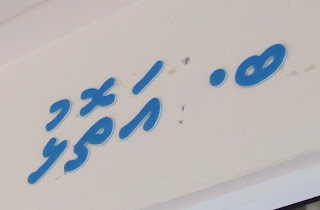I learnt an interesting fact from one of the unicef guys today. It's 20 years since the introduction of the UN Convention on the Rights of the Child, commonly referred to as the CRC. See http://www.unicef.org/why/why_rights.html.
Since that time every country in the world has signed up to the charter except two. Somalia was one and they signed on 20'th of this month. So the only country which has yet to sign is... The United States of America. For a nation which will go to war in the name of democracy it beggars belief that they are unable to formally acknowledge basic human rights for children.
Rant over*
Otherwise, we have inched forward again today. Still hoping to meet with the head of one of the lead agencies. I'd feel happier if I knew we had some 'senior managemnet buy in' - to use the parlance of the commercial world.
We have a workshop planned for tomorrow where I would like to come away with some agreement on the codes we are going to use in the database and then Jim and I are off on a two hour boat ride to Eydhafushi. The plan was to install a test system with the social workers who I met there last month. We learnt today that they have been posted to an island in another atoll, so we have new people to meet and hopefully they will be enthusiatic enough to want to act as testers and provide feedback. I also want to check if the internet connection speeds are going to be adequate out there, the suggestion being that they may be quite slow.
Jim is working through spreadsheets of codes and there are a few changes to the system going to be needed as a result. We've dropped about 3 pick lists and gained at least one new one. This is living the agile development dream.
The local dust cart, which coincidentally is called Ufili (u fili up, we empty out). Anyway, today, I for one am feeling rubbish.
* In the spirit of citing both sides of the story, the following link offers an explanation of why the the US haven't ratified the charter http://www.unicef.org/crc/index_30229.html
Is the craft dead?
1 week ago
























